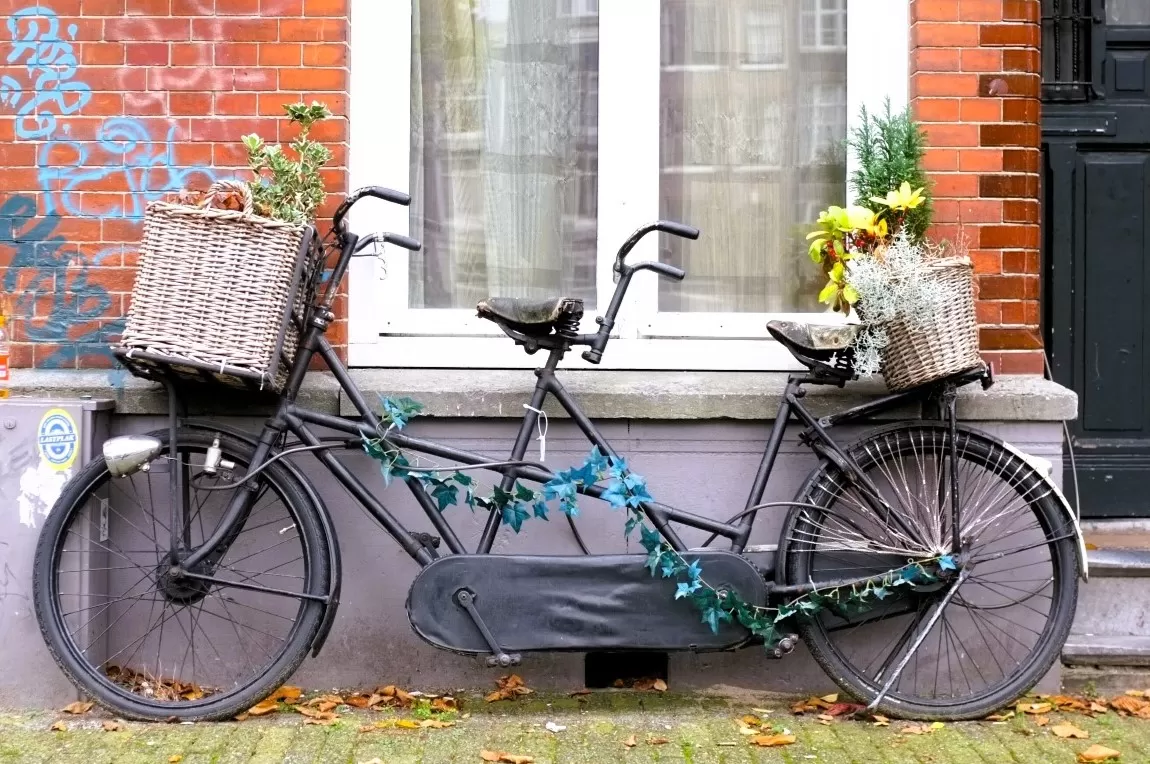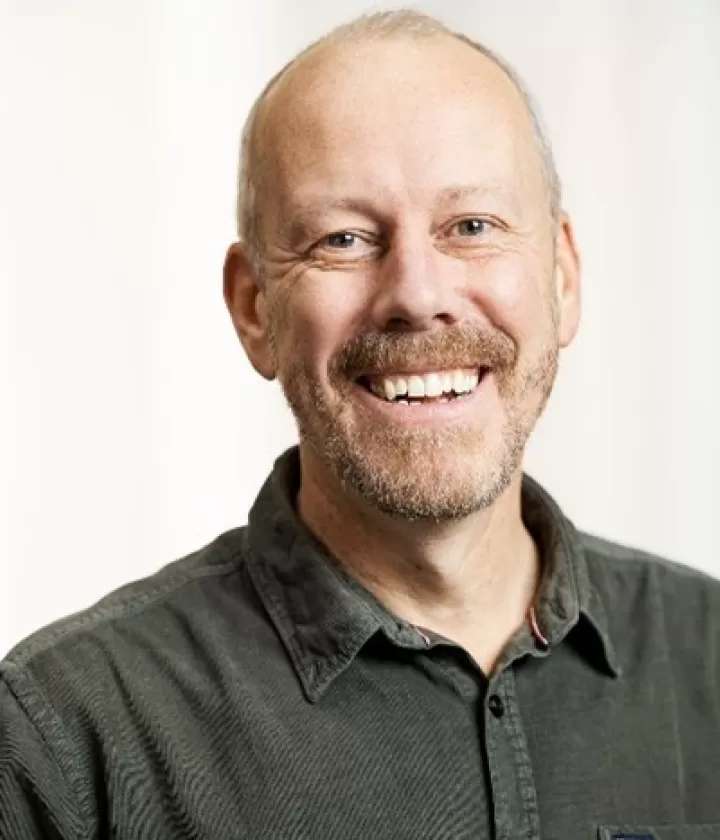
Why Dual Career Support Matters
When researchers move abroad, their partners often leave careers behind. Without the right support, many families cut their stay short—costing universities valuable talent. From tailored coaching to Europe-wide career networks, Mark de Vos—one of our experts on international mobility and group leader for international mobility at the University of Copenhagen—explores how dual career programs are turning relocation challenges into success stories.
(English only)
By Mark de Vos
International mobility among researchers—especially PhD candidates and postdocs—has grown steadily over recent decades. Many move abroad with a partner who has left a job, often in academia, in their home country. While both partners may be equally qualified, it is more often women who follow male researchers. When the accompanying partner cannot find suitable work, families sometimes decide to return home earlier than planned. For universities competing for top international talent, this is a clear retention risk. Providing structured help for partners to find jobs, understand the local labor market, and build networks can make the difference between a short stay and a long-term commitment.
University of Copenhagen: A well-proven model
The University of Copenhagen (UCPH) has been a leader in this field for over 15 years, offering comprehensive dual career services within the following schemes: Dual Career ~ Spouse Network & the International Dual Career Network (IDCN).
The aim is simple: to make it easier for partners of international researchers to continue their careers in Denmark.
Key elements include:
- Personalized career guidance through one-on-one coaching on CVs, job applications, and navigating academic and non-academic job markets.
- Networking opportunities with alumni, local professionals, and targeted career events.
- Workshops on Danish job culture, recruitment practices, and sector-specific opportunities.
- Institutional partnerships with municipal and national authorities for coordinated support.
The services are free for all international staff, including PhD students. Community-building is a strong focus, with direct access to a professional Dual Career coach, weekly Spouse Lunches, themed talks by recruiters or guest speakers, social events, child-friendly activities, and a monthly newsletter.
Participation is active: more than 400 partners are currently registered, 65 % of them women and 75 % seeking employment. Around 100 one-on-one coaching sessions are delivered each year, and partners are encouraged to organize events themselves. A peer-led job search group has grown out of this approach. Evaluations show many participants find jobs, feel happier in Copenhagen, and decide to stay longer - important in a country with high living costs where dual incomes are often essential.
Real-Life Impact
Ewa, a Polish social worker, credits the program with helping her rebuild confidence and find work: “The team heading dual career services at UCPH took turns in supporting me while gently challenging and pushing me forward… I felt they saw me as a unique individual and not just part of the course they run. Their input really made me regain my confidence and find a job.” Such personal success stories underline how tailored, intensive support can transform the experience of relocation.
Linking to Employers: IDCN Copenhagen
To connect partners directly with potential employers, UCPH set up the Copenhagen branch of the International Dual Career Network (IDCN) a decade ago. Founded by Nestlé in Switzerland in 2011, IDCN now has 15 chapters worldwide, uniting multinational companies, universities, and non-profits to support the careers of relocating partners.
The Copenhagen chapter has 22 corporate members and organizes about five events per year. These offer:
- Insight into the Danish job market and recruitment processes
- CV and interview advice from HR professionals
- Networking opportunities with company representatives
- Real-life career stories from those who have successfully found work locally
These activities give partners practical tools, help them understand Danish workplace culture, and expand their professional networks—directly supporting the university’s retention goals.
European Initiatives and Collaboration
Beyond Denmark, European universities and networks have recognized the value of dual career support. EURAXESS, a pan-European service platform for researchers, has invested in several multi-year projects to share knowledge and build capacity across institutions, e.g.:
- TANDEM Project (2012) – Surveyed over 3,000 researchers, revealing that 40–60% had moved abroad with a partner. The results show that researchers with partners ranked dual career support and housing as the most important factors in the mobility process. Moreover, many indicated that the availability of dual career services would influence their final decision if presented with multiple job offers. Additionally, researchers noted a general lack of useful dual career and integration services across Europe.
- TOP III Project (2015) – Involving partners from six countries, this gathered best practices and produced recommendations at individual, institutional, and national levels.
- TOP IV Project (from 2018) – Brought together 13 universities from nine countries to strengthen services through “twinning” programs. Despite COVID-19, institutions found creative ways to exchange ideas and test new models, resulting in a 2022 report full of practical tips and service models.
- Dual Career Community of Practice (from 2024) – EURAXESS is piloting six thematic Communities of Practice (CoPs). The Dual Career CoP, led by EURAXESS Denmark (UCPH) and Austria (OeAD), brings together experts from across Europe to share best practices and innovative approaches, collaborate on capacity building and address emerging needs in partner employment and integration
That’s why it matters
Dual career services are no longer a “nice to have” but an essential tool for universities seeking to attract and keep international researchers. They improve family well-being, reduce early returns, and ensure both partners can continue their careers abroad. The University of Copenhagen’s long-term success, supported by networks like IDCN and coordinated European action through EURAXESS, shows what’s possible. By making these services a standard part of researcher mobility, institutions strengthen their competitiveness and help talented people—and their families—thrive internationally.

Mark de Vos
Originally from the Netherlands with a background in cultural anthropology, Mark de Vos spent five years working across Ghana, China, and India before relocating to Denmark. Now a Group Leader at the University of Copenhagen, he leads initiatives such as the Dual Career ~ Spouse Network, represents the university in EURAXESS, and delivers intercultural training and researcher support.